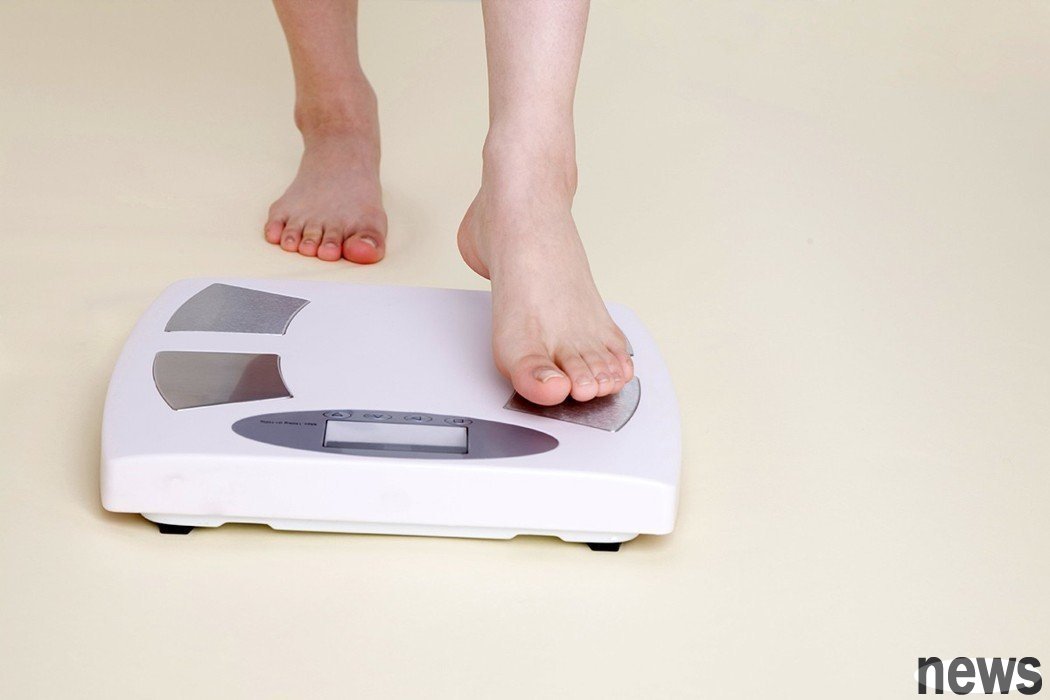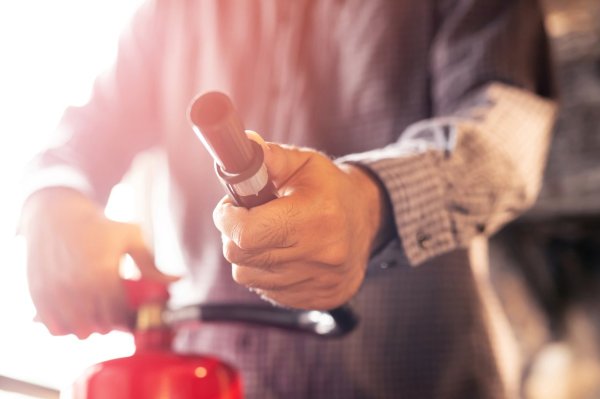English Research: Low-income people are prone to use high-heat food to relieve pressure and have a fatter body

The social status is low and the meals are less expensive, so the figure is more delicate? Traditional stereotypes may not be consistent with real social conditions. A study in the UK shows that people with lower income may be more likely to become obese due to psychological distress by emotionally increasing their dietary pressure, which leads to obesity.
The study was conducted by Liverpool University students and was published in the journal "Obes" in March this year. The study targeted 150 northwestern English people from different social backgrounds. Through survey questions, we learned about the psychological difficulties, emotional diet and rejuvenation levels of participants, and analyzed the participants' social economic indicators such as income, education, and body mass index (BMI). The results show that a lower social economic status is related to a higher psychological distress. The increase in psychological distress is also highly correlated with emotional diet and obesity risks.
Researchers believe that social economic differences are often affluent communities and are more likely to obtain low-cost, high-density foods in more trapped areas.
Qiu Hongyi, a professor in the Department of Public Health at Taipei Medical University, said that social status is an important reason for health inequality, mainly because low social status people have weaker ability to seek health resources than those with high social status, and obesity is an important factor affecting health. This research finds that it also corresponds to this phenomenon; it calls on the government to strive to build a healthy eating environment so that people with different social status can get healthier diets and avoid obesity risks.
Ye Yaxin, director of the Psychological Hygiene Center of the Dong Foundation, said that the above research shows that psychological difficulties are related to dietary behavior and physical adjustment. When food is used without thinking, or even letting yourself go without any restraint on what you want to eat, that is, you fall into emotional diet. If you often treat it as a pressure-relieving method, it is easy to get too much heat and cause obesity problems.
Ye Yaxin said that the pleasure and satisfaction brought by emotional diet will be easily replaced by chagrin. To avoid this situation, you don’t have to force yourself to set goals and suppress your diet. After several repeated use of food to satisfy your empty space or relieve stress, remind yourself to have a rational view of what food is eaten? It also calculates its heat, so that when facing food, you immediately think of the heat and the movement that needs to be consumed. For example, eating a slice of 300 calories cheese cake, you need to walk briskly, swim for 60 minutes or stand for 120 minutes. Through daily conversion, even when the mood is out of control, even if you take a lot of heat in a short time, you will know how long you need to exercise, which has become a habit. It is recommended that those who are not only low in social status, but also people with wealthy environments should pay attention, because "boredom" and "nothing" are also prone to eating too much food and increasing the risk of obesity.




